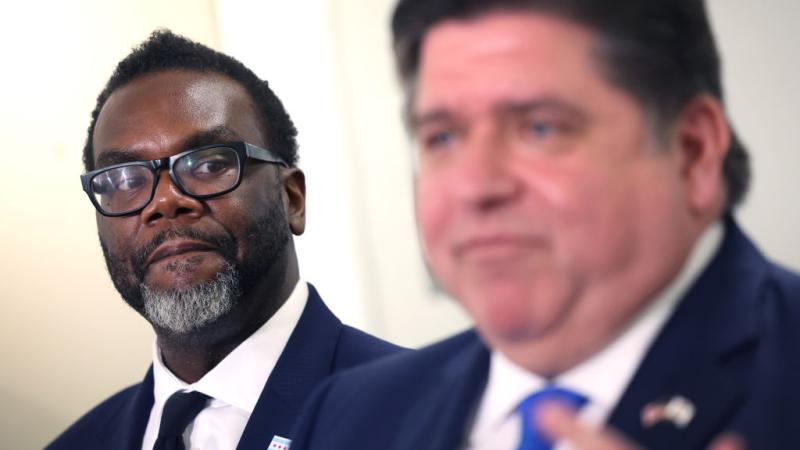Epidemiologist slams coronavirus lockdowns: 'We could open up again and forget the whole thing'
'Shutting down schools, driving the economy against the wall — there was no reason for it," Knut Wittkowski said in an interview.
An epidemiologist known for his contrarian takes to the global response to the coronavirus pandemic is arguing that the ongoing government lockdowns meant to mitigate the disease are based on bad science, and that countries "could open up again and forget the whole thing" if they so desired.
Knut Wittkowski for several weeks has been among the growing chorus of scientists, epidemiology experts, statisticians and other intellectuals who are claiming that the broad economic shutdowns, restrictive policies and harsh mitigative measures put in place by world governments are doing more harm than good.
Public health authorities across the globe have argued that the lockdowns, stay-at-home orders, "social distancing" mandates and other policies are necessary to prevent the collapse of healthcare systems and the deaths of tens of millions.
These measures "most likely made the situation worse," Wittkowski argued in an interview with Spiked this week.
"Firstly, we have the direct consequences: suicides, domestic violence and other social consequences leading to death," Wittkowski said of the lockdowns. "And then we have people who are too scared to go to the hospitals for other problems like strokes or heart attacks. So people stay away from hospitals because of the Covid fear. And then they die."
Wittkowski said the primary fear of most governments — that surges in coronavirus cases would overwhelm healthcare systems, leading to mass deaths from both coronavirus and untreated emergencies — has largely not come to pass.
"Germany had 8,000 deaths in a population of 85 million," he said. "They had 20,000 to 30,000 hospitalisations. In Germany, that is nothing. It does not even show up as a blip in the hospital statistics."
In hard-hit New York City "hospital utilisation was only up a bit," Wittkowski claimed, with emergency field hospitals like the Javits Center never filling more than a third of its beds.
The scientist argued that a more reasonable strategy would have been to allow the virus to run its course, building up nationwide immunity levels while protecting the elderly and vulnerable from the pandemic.
"[S]hutting down schools, driving the economy against the wall — there was no reason for it," Wittkowski said. "The only reason that this nonsense now goes on and on, and people are inventing things like this ‘second wave,’ which is going to force us to change society and never live again, is that the politicians are afraid of admitting an error."
Wittkowski's ideas have received pushback from other scientists. James Whitney, a virologist at the Center for Virology and Vaccine Research, told USA Today last month that scientists as of yet "don’t know enough right now to say if infection will offer complete protection."
"Everyone walking around hoping to engender herd immunity is probably not the best scenario," Whitney said. "I would say a vaccine is probably the best way and the most durable way to engender herd immunity.
Wittkowski, who was head of Biostatistics, Epidemiology, and Research Design at the Rockefeller University’s Center for Clinical and Translational Science for two decades, even claimed that people should not practice social distancing, though in the interview he did not offer any counterevidence to suggest it is an unnecessary habit.
"People need to ask the government for an explanation," he said. "It is the government that has to justify what it is doing.
The Rockefeller University, meanwhile, last month rushed to clarify that it did not agree with its former employee's arguments.
"The opinions that have been expressed by Knut Wittkowski, discouraging social distancing in order to hasten the development of herd immunity to the novel coronavirus, do not represent the views of The Rockefeller University, its leadership, or its faculty," the school wrote.
















